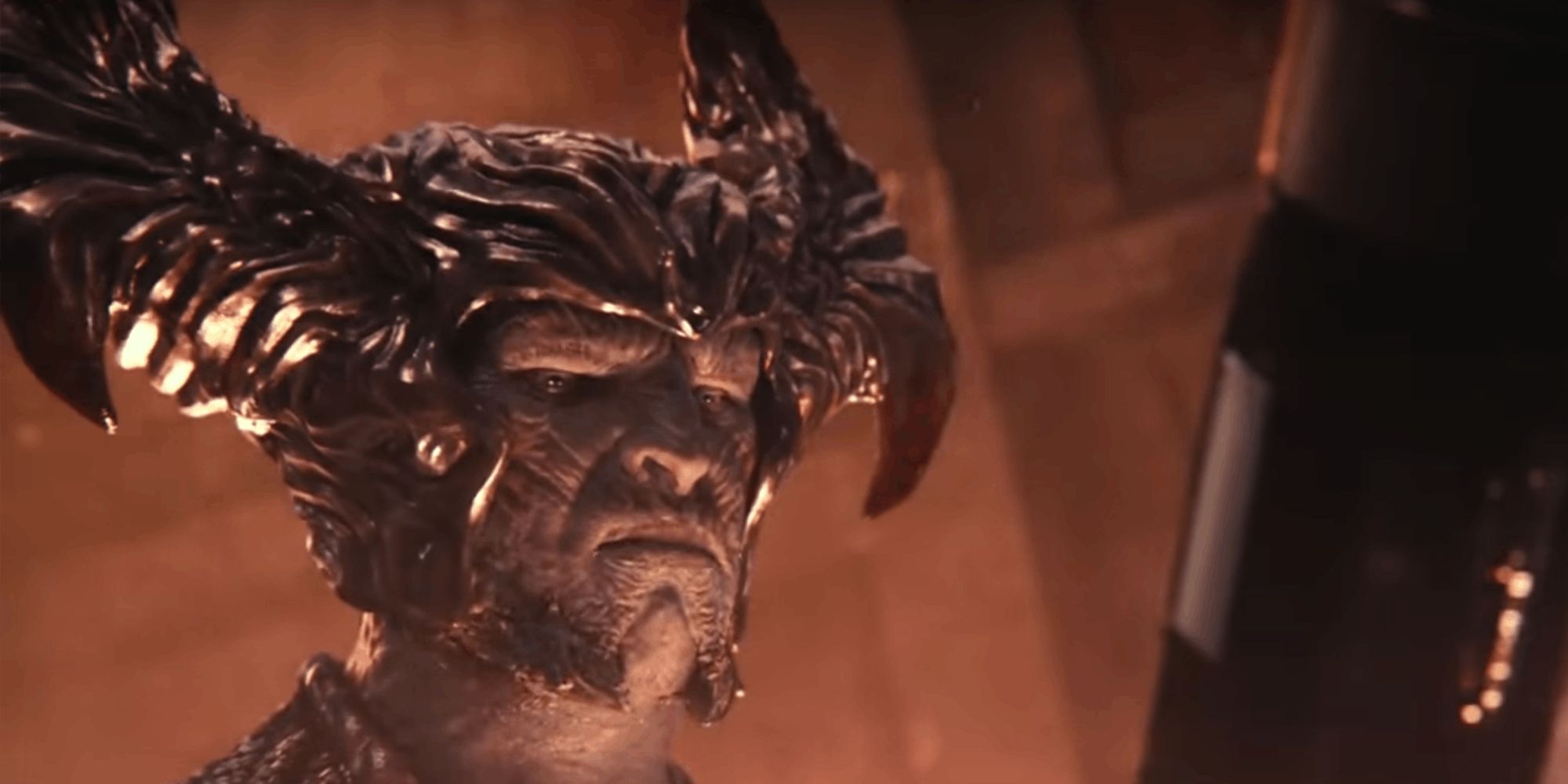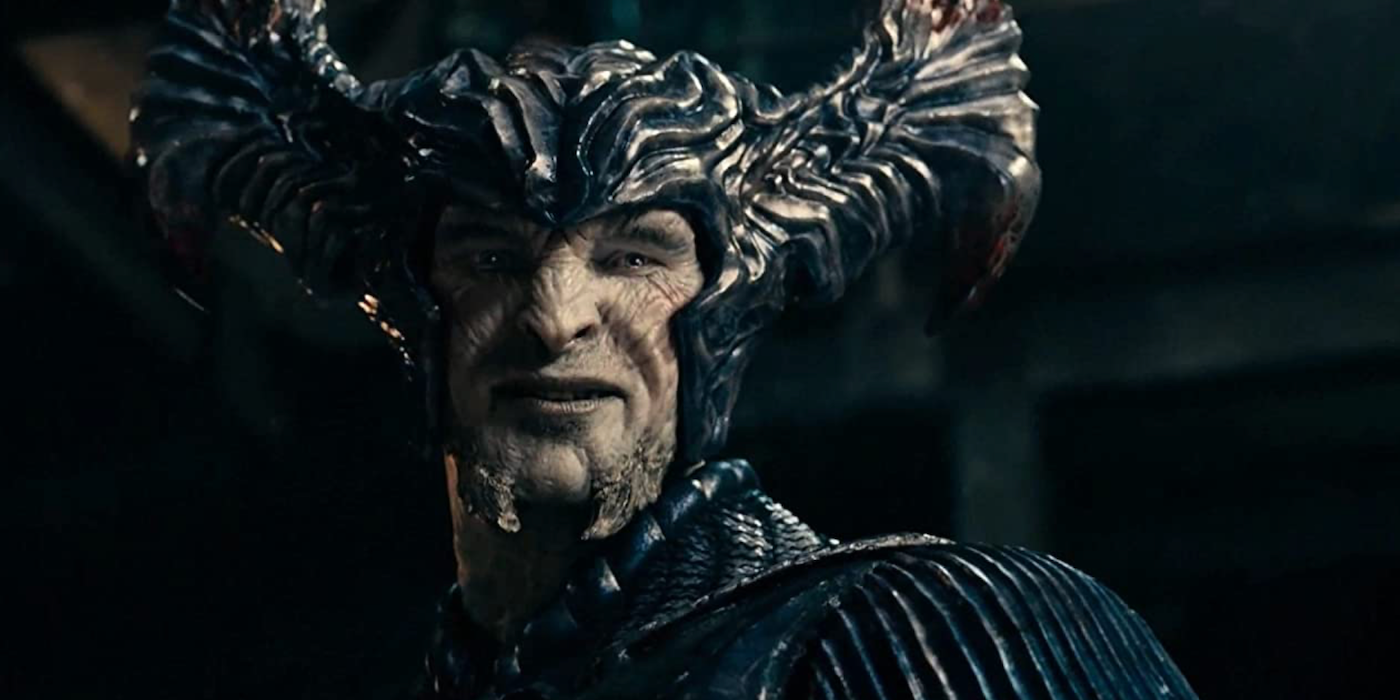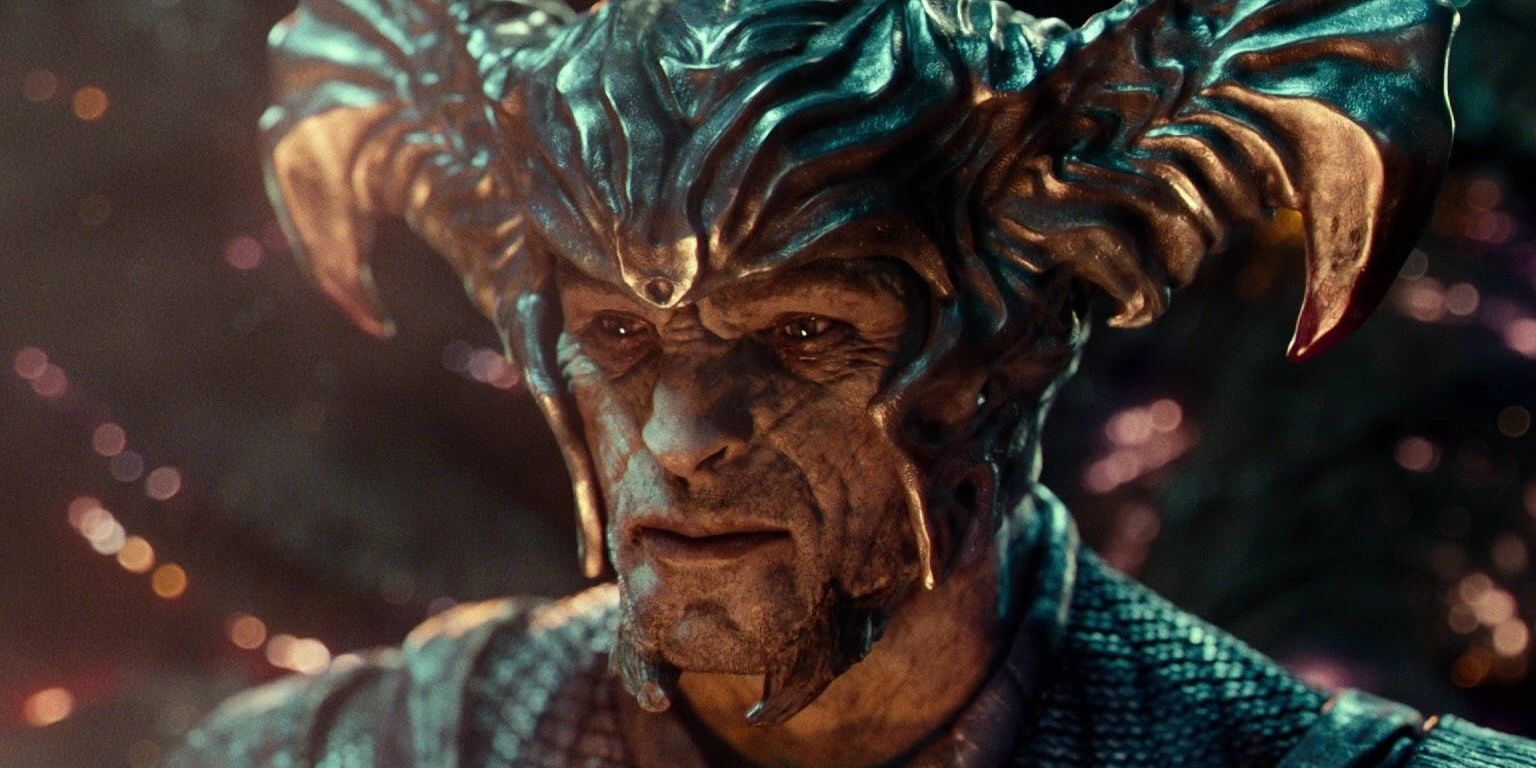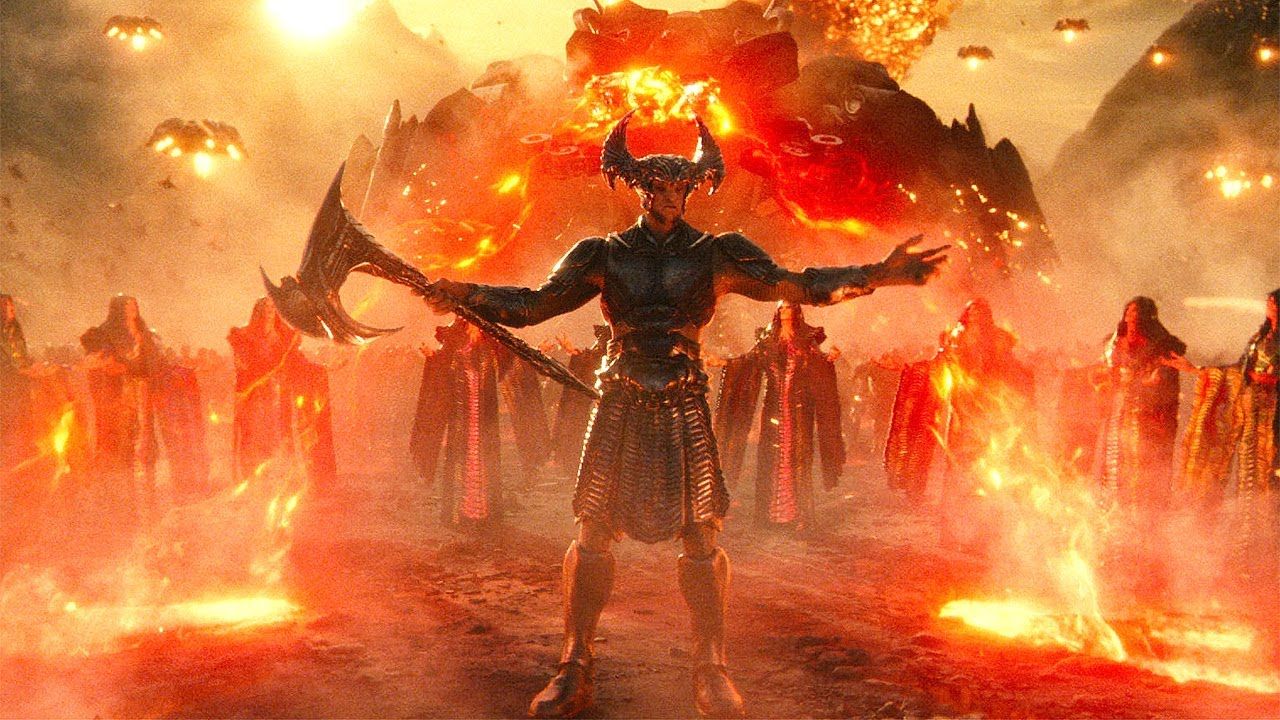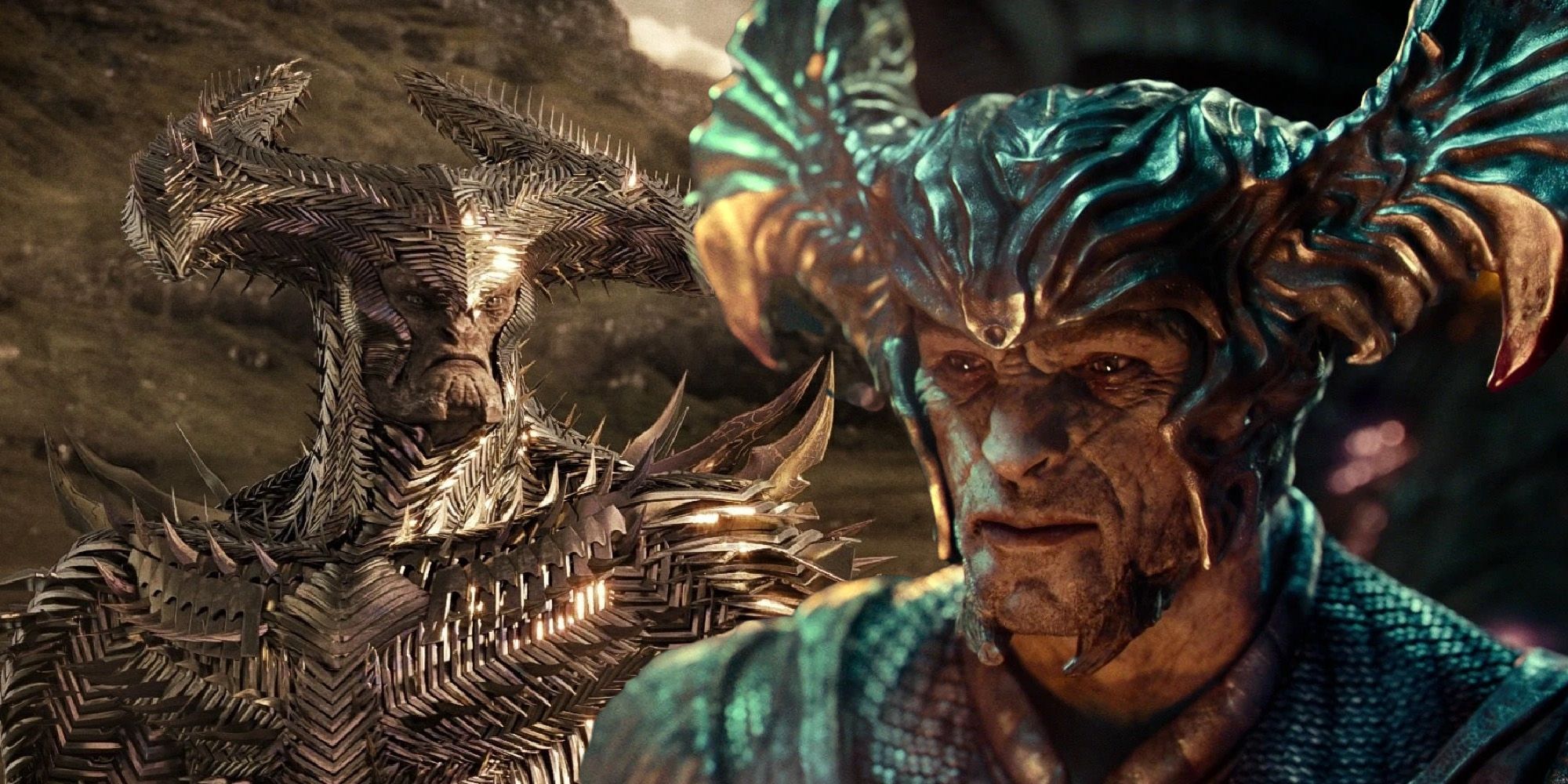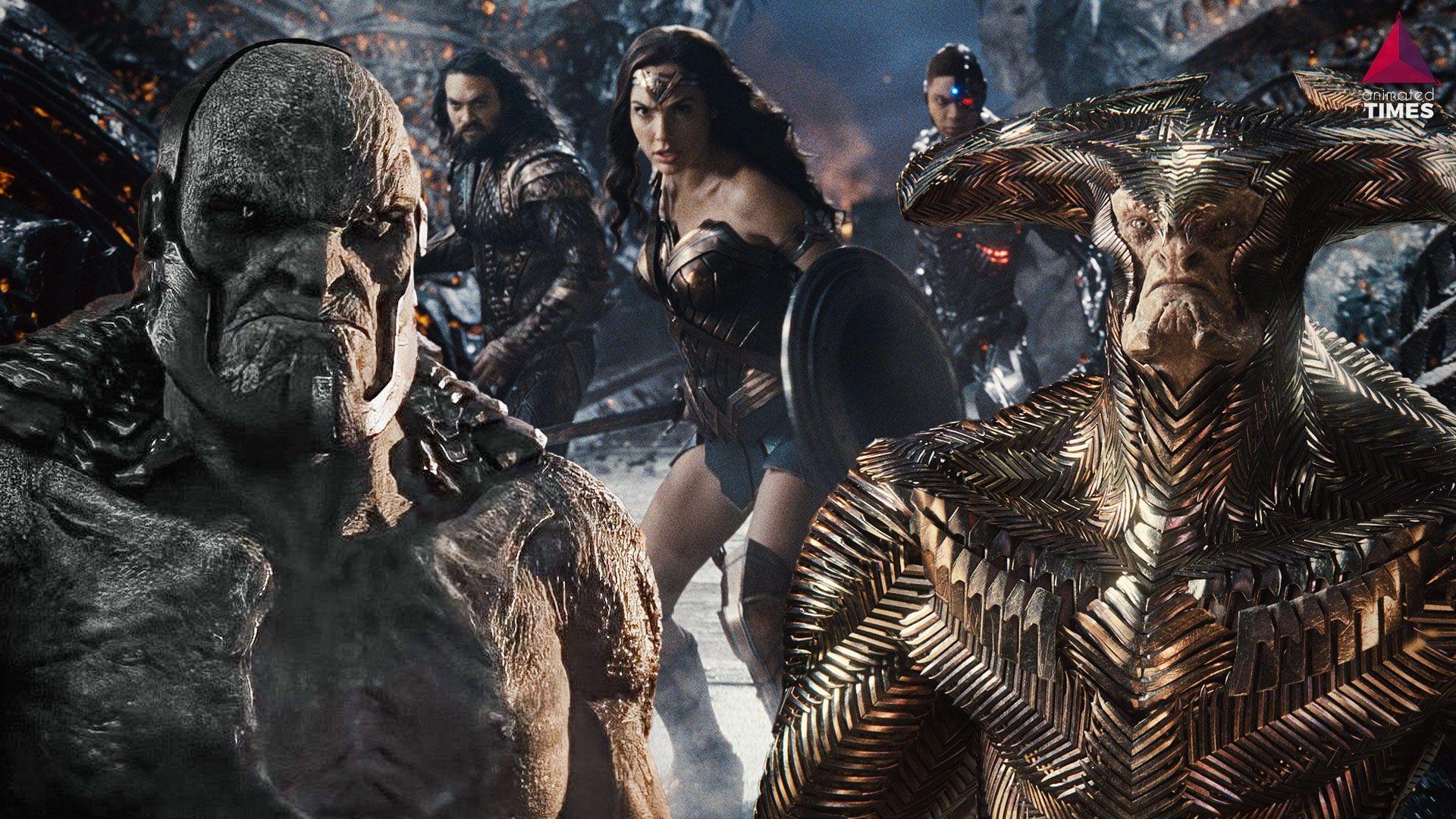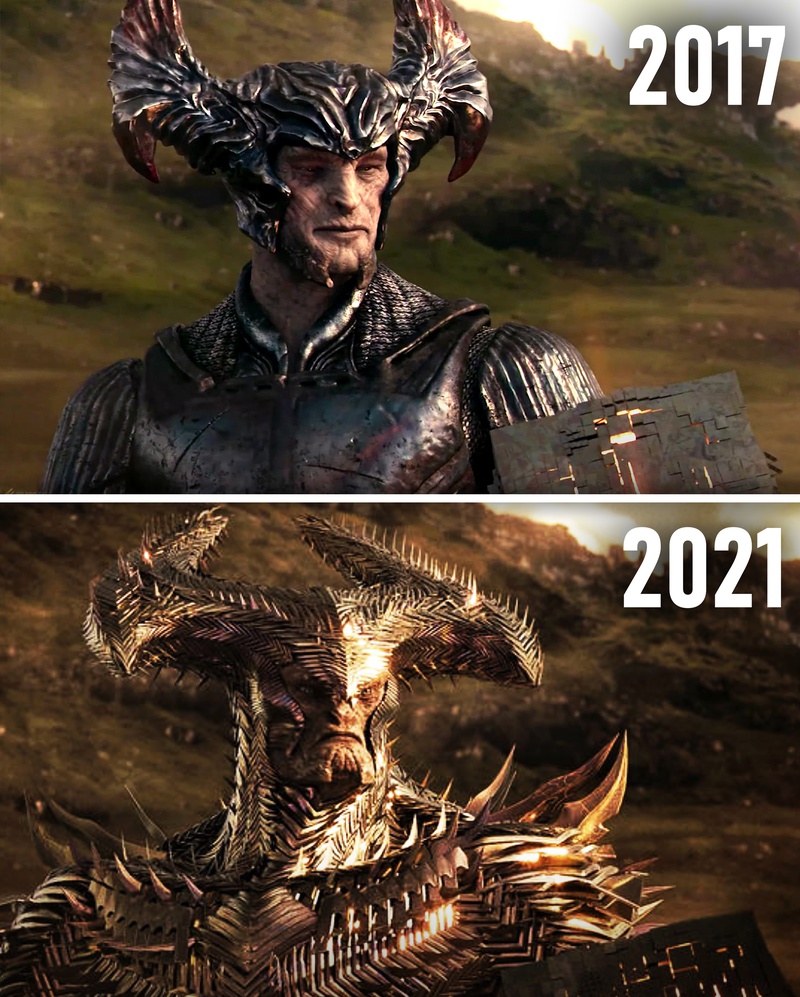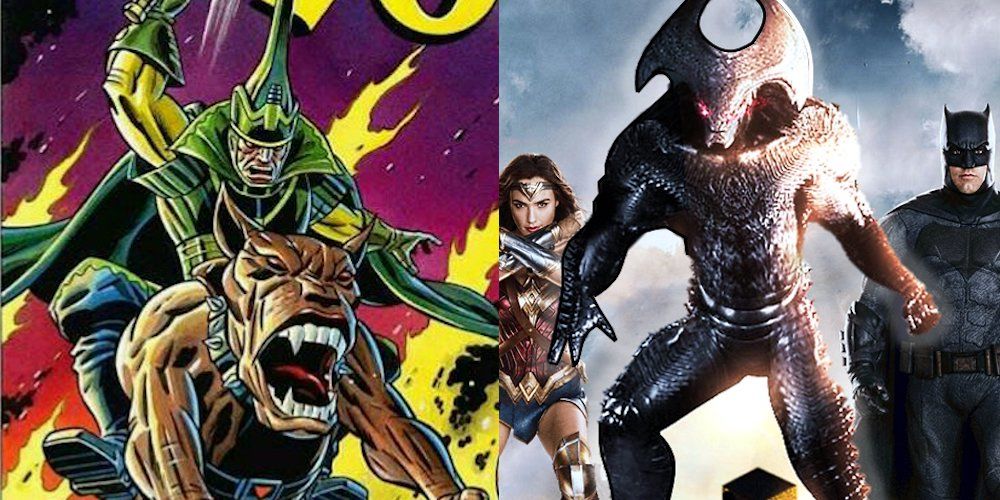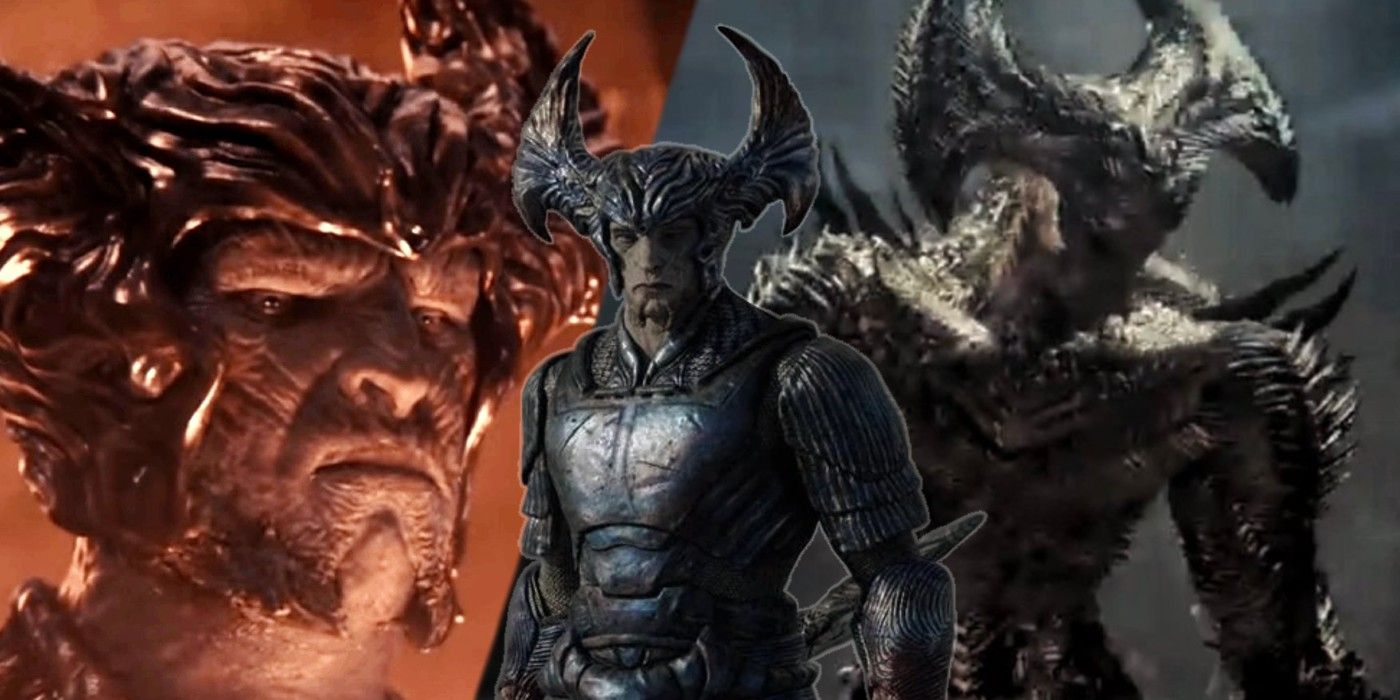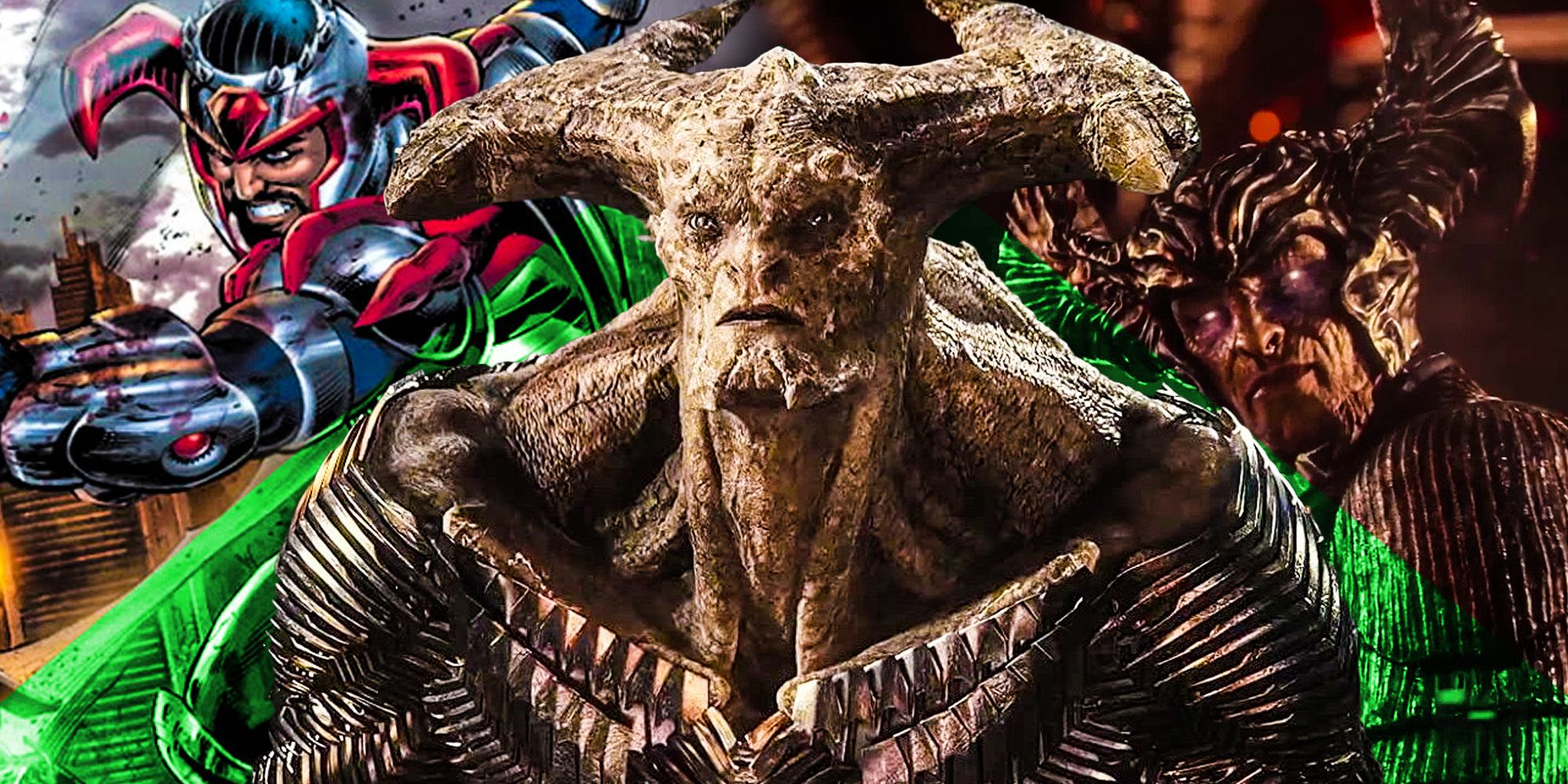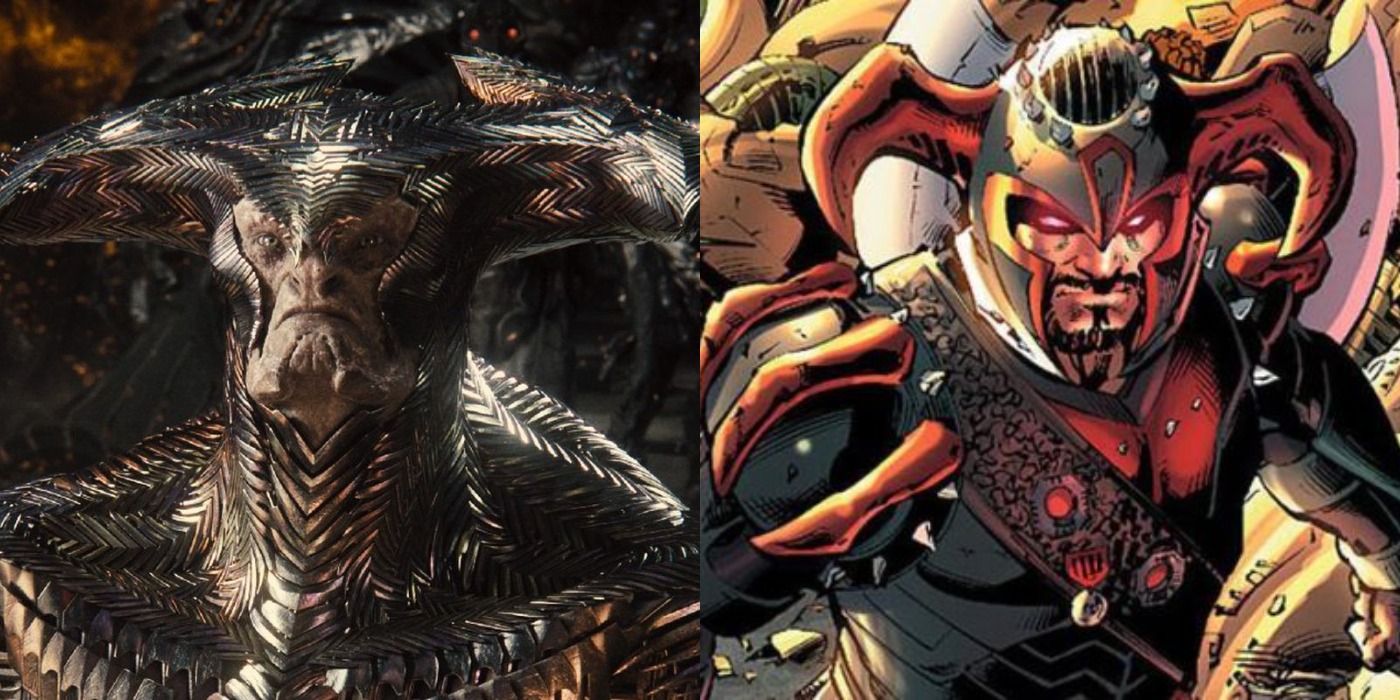Justice League Steppenwolf Backstory

The cinematic portrayal of Steppenwolf, the formidable antagonist in the 2017 film Justice League, has long been a source of debate and speculation among fans. While the theatrical cut offered a simplified, largely two-dimensional villain, glimpses of a more complex backstory lingered, fueling the desire for a deeper understanding of his motivations and origins.
The release of Zack Snyder's Justice League in 2021 provided a significantly expanded narrative, reshaping Steppenwolf from a generic invader into a disgraced warrior seeking redemption, but questions persist. This article delves into the established canon surrounding Steppenwolf's history, examining the key elements that define his character and exploring the ripple effects of his actions within the broader DC Extended Universe (DCEU).
Steppenwolf's Apokoliptian Origins
Steppenwolf is not simply a random conqueror, he is a high-ranking general of Apokolips, the hellish planet ruled by the tyrannical Darkseid. He is also Darkseid's uncle, a familial connection that adds weight to his ambitions and failures. These established power dynamics are key to understanding his behavior.
His past is steeped in betrayal and defeat. According to the narratives presented in both versions of Justice League, Steppenwolf once attempted to usurp Darkseid's power and was subsequently banished, a source of deep shame that haunts him.
The Quest for Redemption
In both versions of the film, Steppenwolf's primary goal is to conquer Earth and recover the three Mother Boxes, powerful artifacts that can reshape a planet in Darkseid's image. This quest is not simply about obedience but also about earning Darkseid's forgiveness and rejoining the elite ranks of Apokolips.
The Snyder Cut adds critical context. It reveals that Steppenwolf has been conquering worlds across the cosmos for millennia, constantly seeking to prove his worth after his failed rebellion. This adds an element of desperation and weariness to his character, humanizing him to some extent.
A Deeper Look at His Motivations
The desire for redemption is arguably the most compelling aspect of Steppenwolf's character in the Snyder Cut. He sees the acquisition of the Mother Boxes as his last chance to atone for his past sins and escape his exile.
This motivation is strengthened by the fear of Darkseid's wrath. He knows that failure to deliver the Mother Boxes will result in dire consequences, not just for him but potentially for all of Apokolips.
The theatrical cut, however, severely reduces the nuance of his character, portraying him as a generic alien invader motivated primarily by a desire for power. This simplified version lacks the depth and complexity present in the Snyder Cut, contributing to the criticism leveled at the film.
The Battle on Earth and its Aftermath
Steppenwolf's ultimate defeat at the hands of the Justice League is a pivotal moment in the DCEU timeline. While the theatrical cut portrays it as a simple victory, the Snyder Cut expands on the consequences.
In the Snyder Cut, Steppenwolf's final transmission before his death alerts Darkseid to the existence of the Anti-Life Equation on Earth, setting the stage for a potential future invasion. This scene is of immense importance, as it implies Darkseid will be a threat.
This sets up the stakes for future conflicts within the DCEU. It suggests that the Justice League's victory over Steppenwolf was merely a temporary reprieve from a far greater threat.
The Future of Steppenwolf and Apokolips
Despite Steppenwolf's death, the legacy of Apokolips and the threat posed by Darkseid remains a central element of the DCEU. While there are no immediate plans to revive Steppenwolf, his actions have set in motion events that could shape the future of the universe.
The Anti-Life Equation now serves as the major story element in the DCEU's upcoming projects. It will be interesting to see how the threat posed by Apokolips will be further built on.
Ultimately, the character of Steppenwolf, particularly as envisioned by Zack Snyder, serves as a cautionary tale about the consequences of ambition, the burden of failure, and the relentless pursuit of redemption. His story, though tragic, adds depth and complexity to the overarching narrative of the DCEU.
